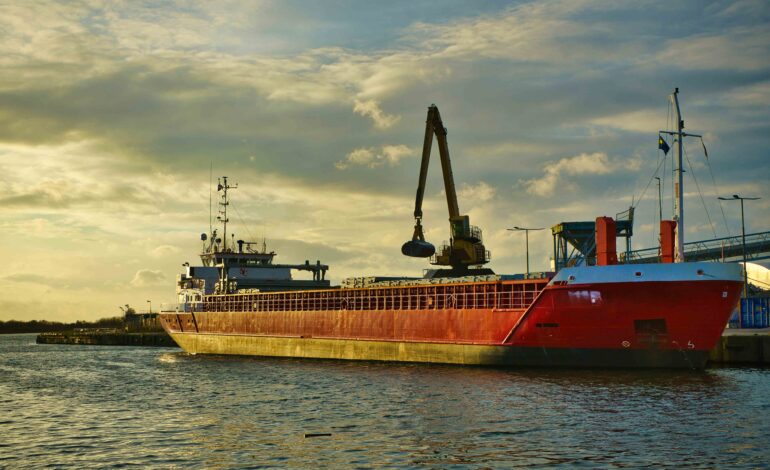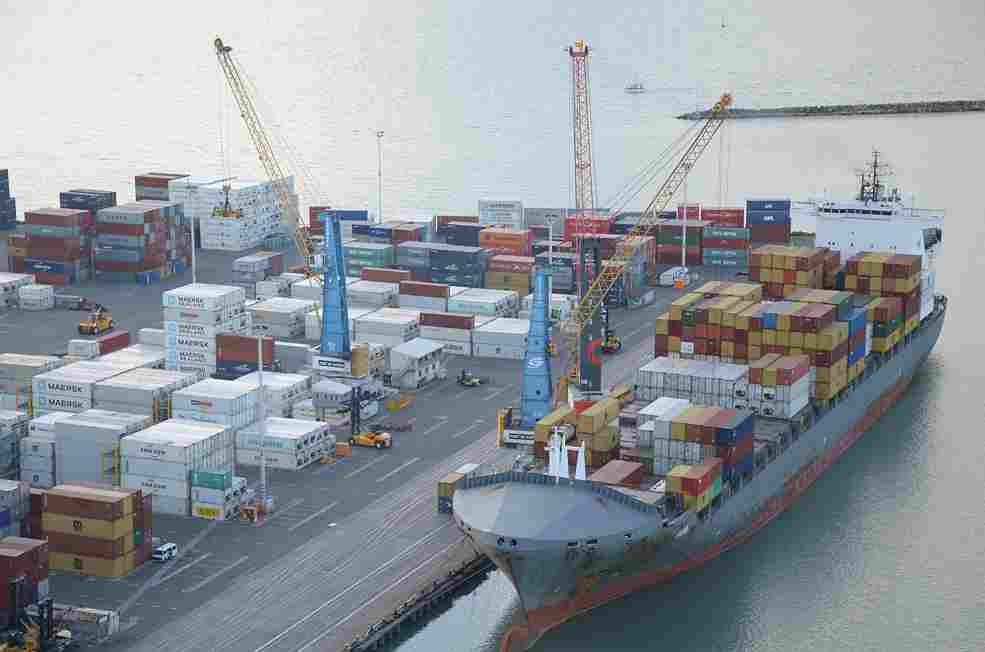
Impact of Fuel Stability and Compatibility on Marine Operations
Introduction
Fuel stability and compatibility are pivotal aspects of maritime operations, profoundly influencing vessel safety, operational efficiency, and environmental compliance. Given the diverse range of bunker fuels used in marine engines, ensuring these fuels remain stable and compatible throughout their lifecycle—from storage and handling to combustion—is critical. This article delves into the importance of fuel stability and compatibility in maritime contexts, exploring their complexities, influencing factors, assessment methods, challenges, and mitigation strategies.
Understanding Fuel Stability and Compatibility
Fuel Stability: Refers to a fuel’s ability to maintain its intended properties over time, resisting degradation, oxidation, and the formation of sediments or solids that can adversely affect engine performance.
Fuel Compatibility: Refers to the ability of different fuels, additives, and components to blend and interact without causing detrimental effects such as clogging, corrosion, or operational disruptions.
Factors Influencing Fuel Stability and Compatibility
Several factors contribute to the stability and compatibility of bunker fuels:
- Chemical Composition: Variations in hydrocarbon content, sulfur levels, and the presence of additives influence a fuel’s stability and how it interacts with other fuels or components.
- Storage Conditions: Factors such as temperature fluctuations, exposure to air and moisture, and the presence of contaminants can accelerate fuel degradation and impact stability.
- Blending Practices: Mixing fuels of different specifications or grades without considering compatibility can lead to chemical reactions, phase separation, and the formation of residues or sediments.
- Additives: While additives can enhance fuel properties (e.g., lubricity, stability), their selection and compatibility with the base fuel are crucial to avoid unintended side effects.
Challenges in Maintaining Fuel Stability and Compatibility
Ensuring fuel stability and compatibility presents several challenges in maritime operations:
- Storage Management: Large-scale storage aboard vessels or at bunkering facilities requires rigorous protocols to prevent contamination and ensure consistent fuel quality.
- Global Fuel Quality Variability: Fuel specifications can vary significantly across regions and suppliers, necessitating careful management to maintain performance standards and compliance with regulations.
- Regulatory Compliance: Stricter environmental regulations, such as sulfur emission limits under IMO’s MARPOL Annex VI, require meticulous fuel management to meet compliance while maintaining stability and compatibility.
Assessment Methods for Fuel Stability and Compatibility
Various methods are employed to assess and monitor fuel quality:
- Laboratory Testing: Conducting tests such as Total Sediment Potential (TSP), oxidation stability, and compatibility tests to evaluate fuel quality and performance characteristics.
- Onboard Monitoring: Using sensors and real-time monitoring systems to detect changes in fuel properties during storage and combustion, enabling proactive adjustments.
- Sampling and Analysis: Regular sampling of fuel batches for analysis of physical and chemical properties to identify potential stability issues or compatibility concerns before they affect operations.
Mitigation Strategies
To mitigate risks associated with fuel stability and compatibility, maritime operators implement strategic measures:
- Comprehensive Fuel Management Plans: Developing and implementing protocols for proper fuel handling, storage, and monitoring throughout the supply chain.
- Fuel Treatment: Using additives and conditioners to enhance stability, prevent microbial growth, and improve compatibility with engine systems.
- Segregation Practices: Ensuring proper segregation of different fuel types and grades to prevent cross-contamination and compatibility issues.
- Training and Education: Providing crew members with training on fuel management practices and raising awareness of the importance of stability and compatibility in ensuring safe and efficient vessel operations.
Conclusion
Fuel stability and compatibility are indispensable considerations in the maritime industry, directly impacting operational reliability, environmental sustainability, and regulatory compliance. As maritime operations evolve with advancements in fuel technology and stricter environmental standards, the ability to manage and maintain fuel stability and compatibility becomes increasingly crucial. By adopting proactive fuel management strategies, leveraging monitoring technologies, and adhering to regulatory requirements, ship operators can enhance operational efficiency, reduce risks associated with fuel quality issues, and contribute to sustainable practices in global maritime transport.





